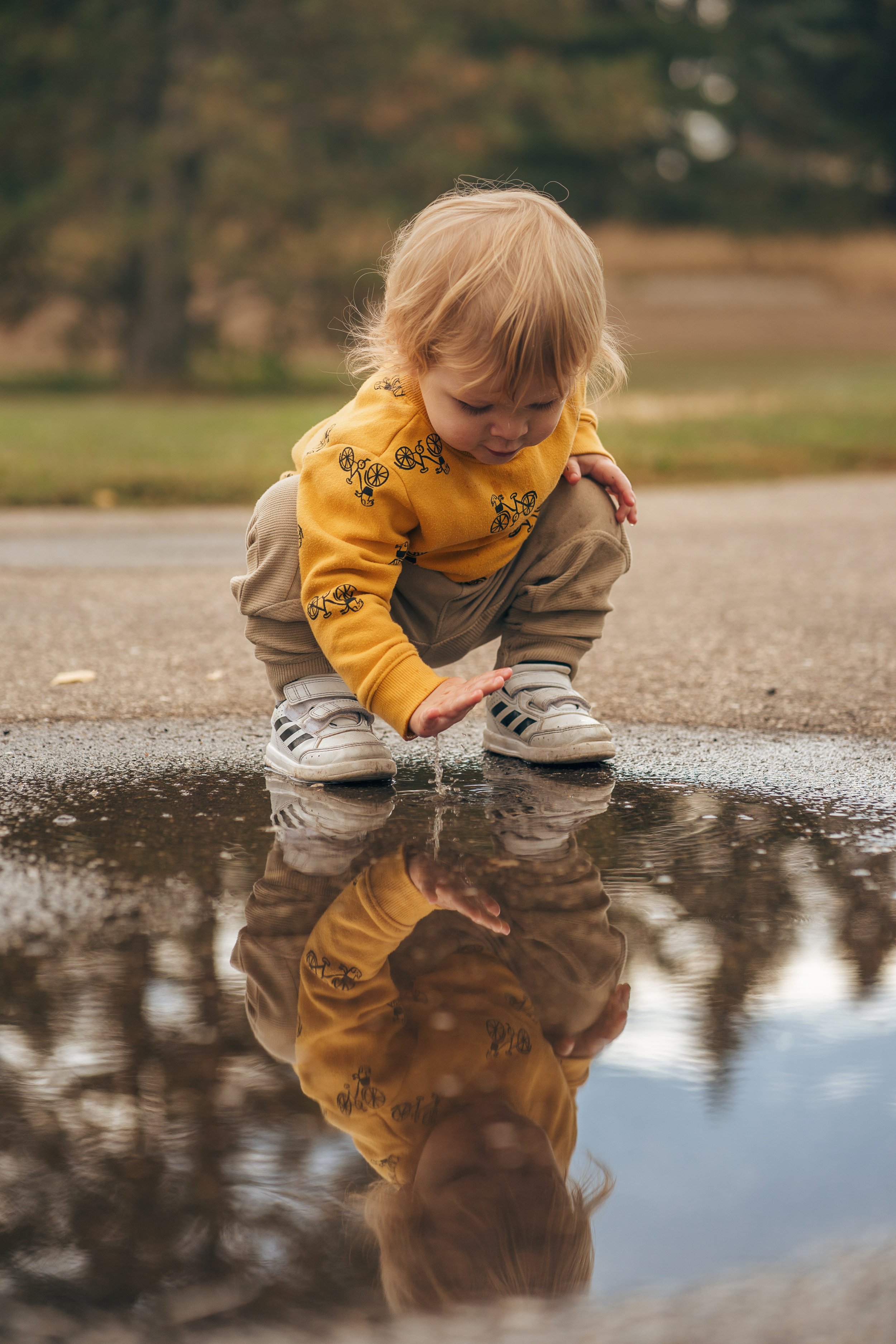From Smiling to Walking: A Complete Guide to Baby Milestones
Babies grow and develop at a remarkable pace, reaching new milestones in their first year of life. From their first smile to crawling, walking, and talking, every milestone is a new adventure. Here's a breakdown of some of the most common milestones that babies reach in their first year:
Social and Emotional Milestones:
Smiling: At around 6-8 weeks, babies start to smile in response to familiar faces or sounds.
Laughing: By 3-4 months, babies start to laugh in response to playful interactions with caregivers.
Separation anxiety: Between 6-8 months, babies may become anxious or upset when separated from their primary caregivers.
Cognitive Milestones:
Object permanence: At around 6 months, babies begin to understand that objects still exist even when they are out of sight.
Problem-solving: Between 8-12 months, babies start to experiment with problem-solving skills, such as figuring out how to reach a toy that's out of reach.
Cause and effect: By 9-12 months, babies start to understand the cause and effect relationship between actions and outcomes.
Physical Milestones:
Rolling over: Between 3-6 months, babies typically start to roll over from their back to their stomach or vice versa.
Sitting up: Around 6-8 months, babies can usually sit up with support and by 8-9 months they may sit up on their own.
Crawling: By 8-10 months, babies can typically crawl on their hands and knees.
Walking: Around 9-18 months, babies will start to pull themselves up and take their first steps.
Language Milestones:
Babbling: Around 6-12 months, babies will start to babble and make sounds. This can be their way of communicating and experimenting with their voice.
Simple words: By 12 months, babies might be able to say simple words like "mama" or "dada."
Teething:
Around 4-7 months, babies start to teethe, which can be a challenging time for parents and babies. Some babies may start teething earlier or later, and the process can take several months.
It's important to remember that these milestones are just a general guideline, and every baby develops at their own pace. If you have concerns about your baby's development, it's always best to consult with your pediatrician. By knowing when to expect these milestones, you can be better prepared to support your baby's growth and development.
"Baby Developmental Milestones" by Mayo Clinic: https://www.mayoclinic.org/healthy-lifestyle/infant-and-toddler-health/in-depth/infant-development/art-20048012
"Developmental Milestones for Your 9-Month-Old Baby" by Healthline: https://www.healthline.com/health/parenting/developmental-milestones-for-your-9-month-old-baby
"Teething: Tips for soothing sore gums" by Mayo Clinic: https://www.mayoclinic.org/healthy-lifestyle/infant-and-toddler-health/in-depth/teething/art-20046378
"The Surprising Science of Baby Babbling" by The Atlantic: https://www.theatlantic.com/family/archive/2018/07/the-surprising-science-of-baby-babbling/565805/
"Milestones: 8 months" by BabyCenter: https://www.babycenter.com/baby/development/your-8-month-olds-development_7065
